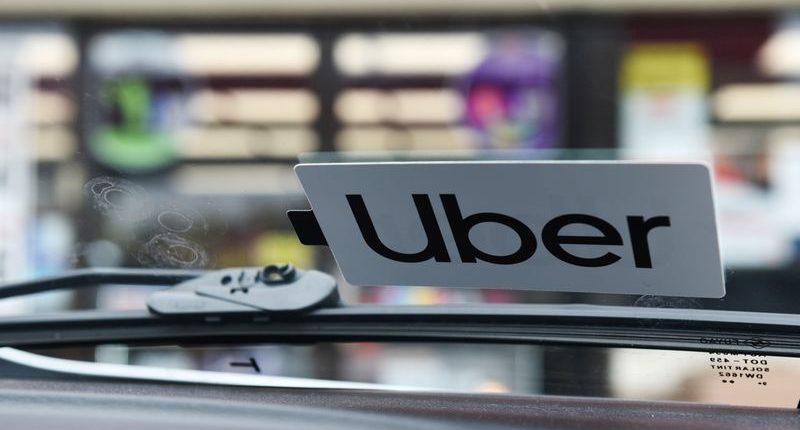After years of dispute in the region, Uber has finally bagged itself a win, as a court in the United Kingdom approves Uber’s appeal saying it is ‘fit and proper’ to run a private taxi company in London.
However, the court said it still needs more evidence to decide how long the fresh license granted to Uber will be for. Tan Ikram, Deputy chief magistrate said he has sufficient confidence with Uber that it no longer poses a risk to public safety and the company is communicating well the Transport for London (TfL). Uber and Transport for London (TfL) have jointly suggested a new license with 21 conditions to the magistrate.
Ikram added that the ride-hailing company has improved its review processes for checking document and insurance frauds and claimed that the company “seems to be at the forefront of tackling an industry-wide challenge”.
Jamie Heywood, regional general manager for Northern & Eastern Europe at Uber said in a statement to TechCrunch, “This decision is a recognition of Uber’s commitment to safety and we will continue to work constructively with TfL. There is nothing more important than the safety of the people who use the Uber app as we work together to keep London moving.”
Anna McCaffrey, senior counsel for the law firm Taylor Wessing said, “The Magistrates Court agreed that Uber had made improvements and addressed TfL safety concerns. However, the fact that the length of extension is up for debate, rather than securing Uber’s preferred five-year license, demonstrates that Uber will have to work hard to continue to prove to TfL and the Court that it has really changed. If not, Uber is likely to find itself back in Court facing the same battle next year”.
It all started back in 2017 when the TfL refused to grant a new license to Uber to operate in the city. The regulator cited safety concerns and deemed Uber not being “fit or proper” to operate in the city as the main causes of the license refusal.
Reasons such as the inability to report criminal offenses, document fraud like with medical certificates, drivers using anyone else’s IDs to drive and background checks of drivers were brought to the forefront in this 2017 decision. But later in 2018, the company managed to win a provisional appeal in the UK and got itself a 15-months license. The court said that it should use this time to meet TfL’s requirements.
However, it all came back to TfL again refusing to grant Uber with a full license in November last year, citing new safety concerns. This led to another appeal by the ride-hailing company in the court, while continuing to operate in London. This time Uber claimed it was “fit and proper” to operate in London city and had addressed the issues that TfL had raised.
Uber said in the appeal, it reviewed its governance and document verification system, verified Driver IDs, continues to consult the TfL and Police and is actively working towards not breaking any conditions in the license.
This might be great news for Uber in the UK to start with but it will have to wait just a little longer to get a full go-ahead after it receives the length and details of the new license.
